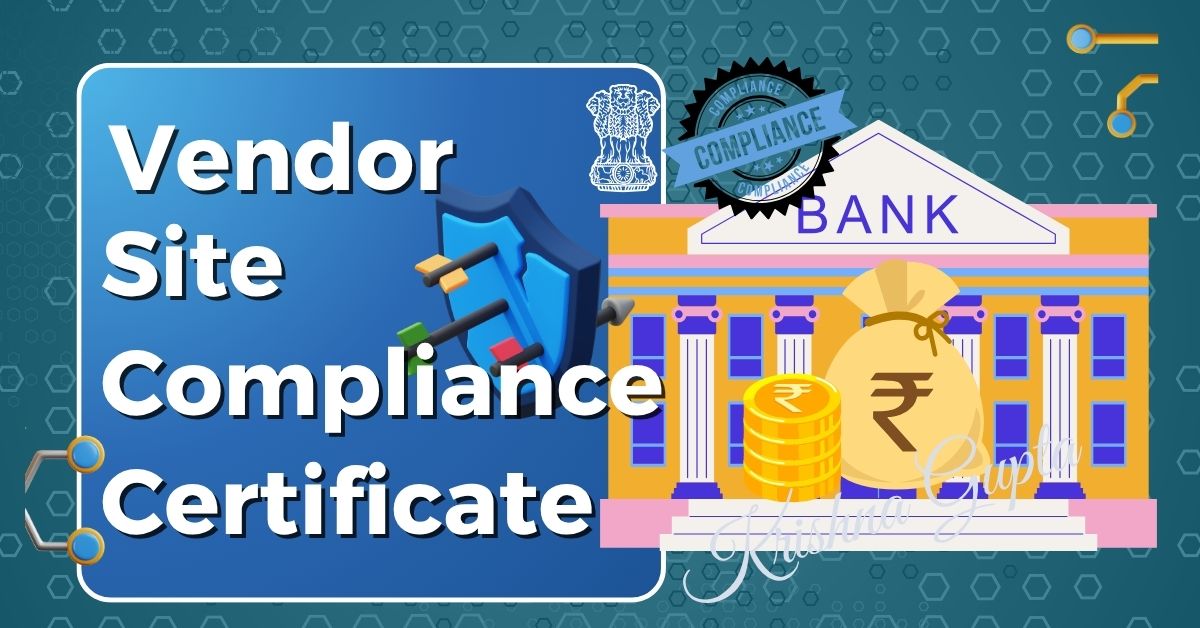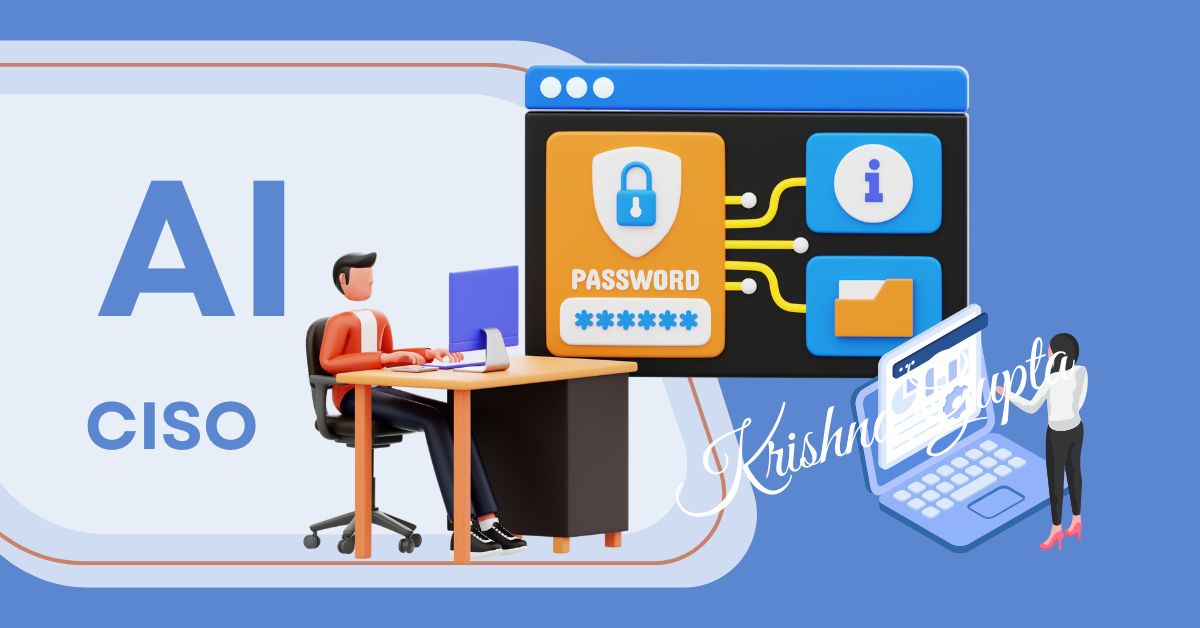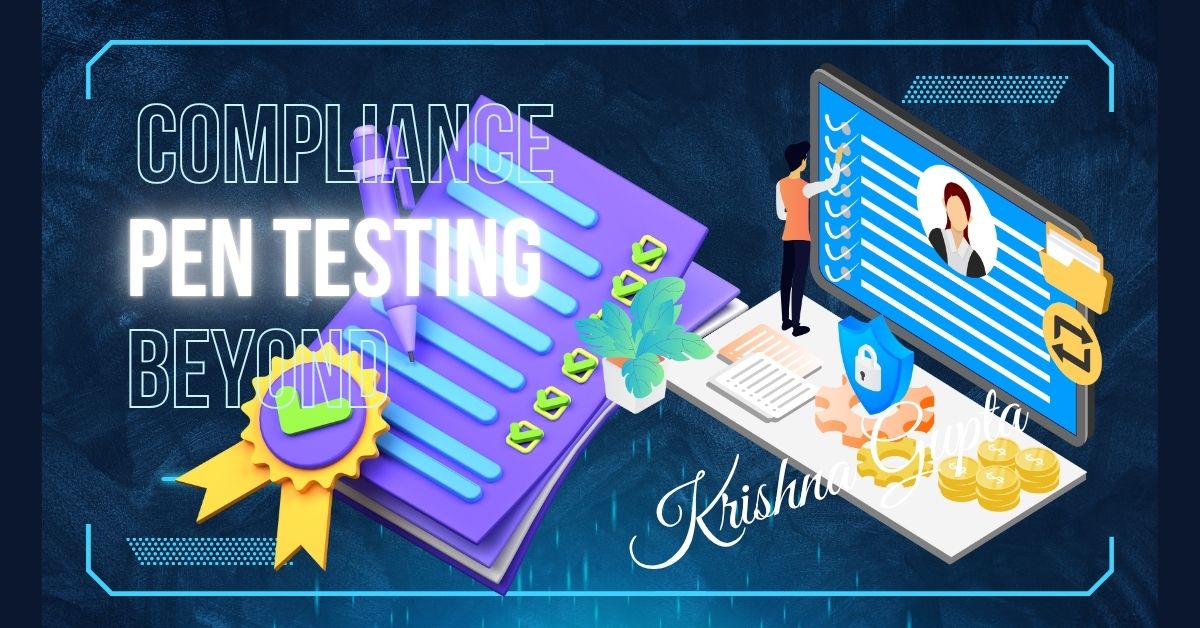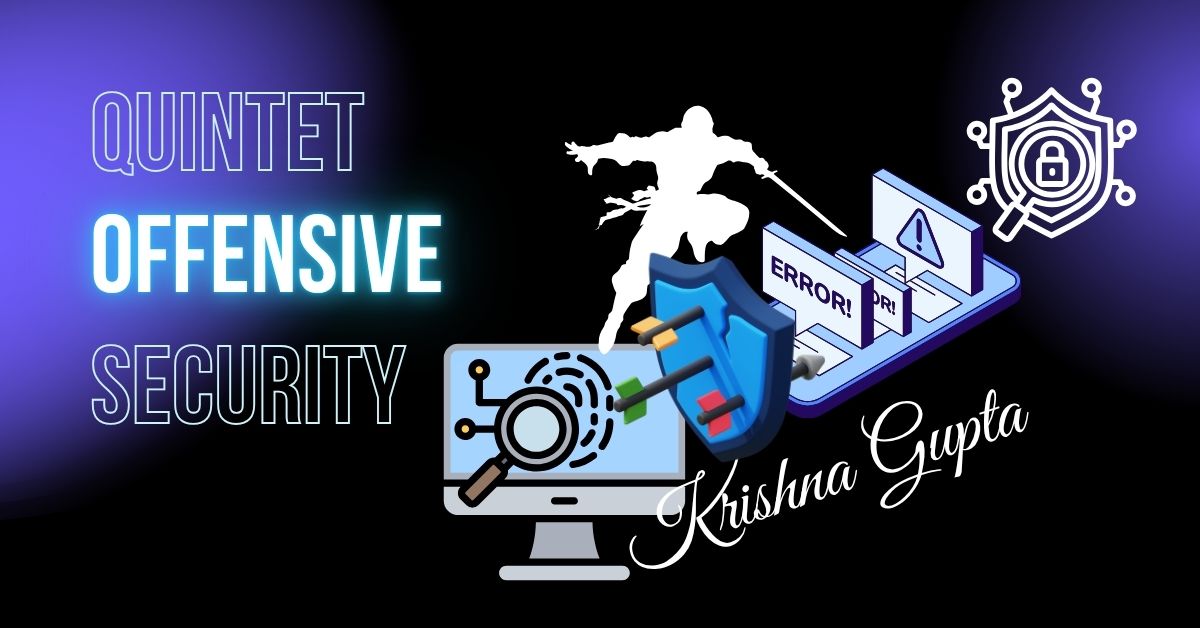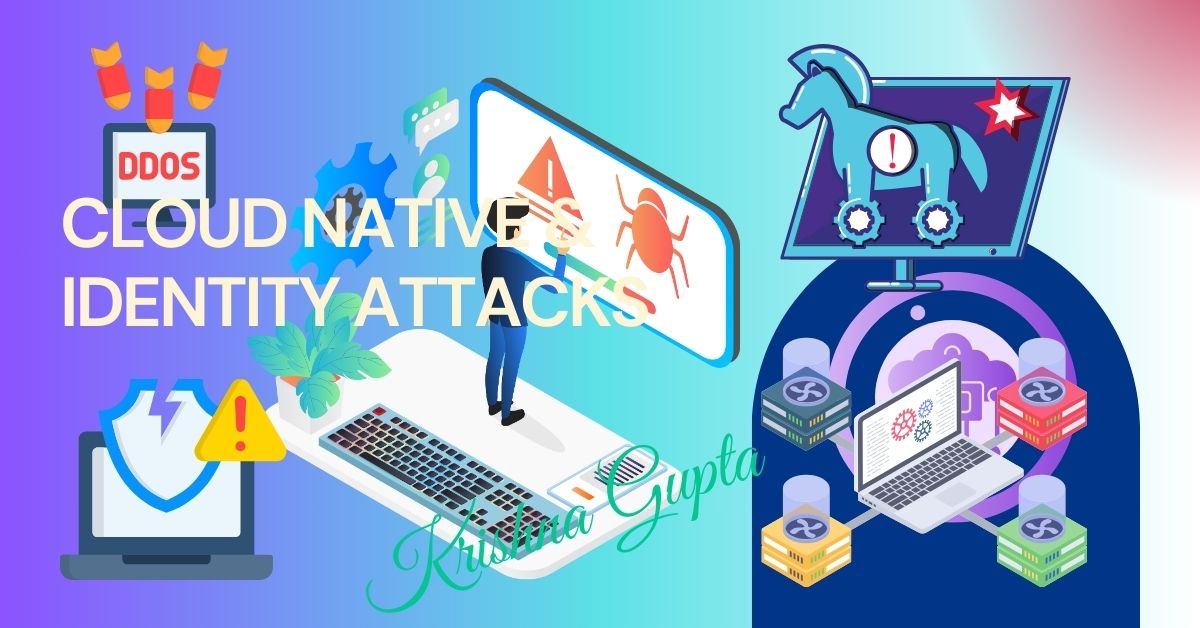Understanding the Vendor Site Compliance Certificate (VSCC) from SBI: A Comprehensive Guide for MSMEs
In the world of modern business, compliance has become one of the most significant aspects of ensuring smooth operations and maintaining business integrity. For Micro, Small, and Medium Enterprises (MSMEs) in India, compliance with industry standards and regulatory frameworks is vital not only for operational success but also for securing partnerships and funding from major financial institutions. One of the most crucial certifications in this regard is the Vendor Site Compliance Certificate (VSCC) issued by the State Bank of India (SBI).
This comprehensive guide delves into what the VSCC is, why it is critical for MSMEs, how to obtain it, and the role it plays in enhancing your business’ credibility. With a focus on the practical aspects, this post will shed light on how the VSCC contributes to compliance, risk mitigation, and improving the business’s overall ROI.
